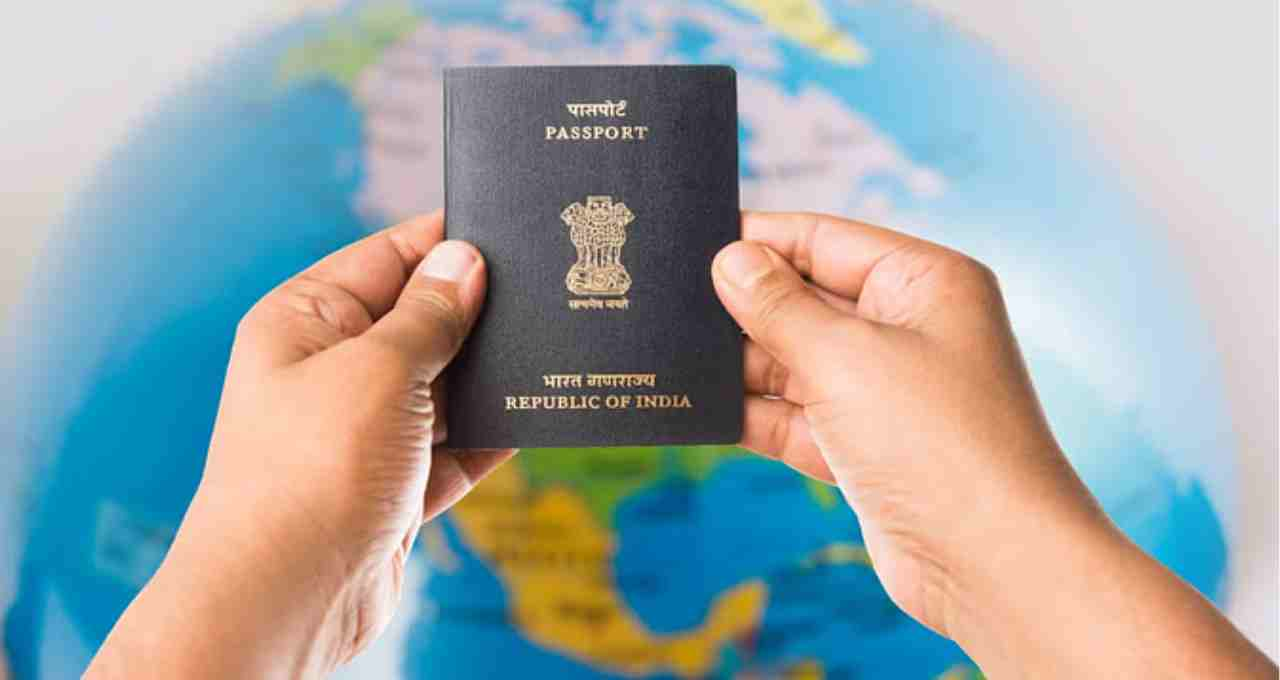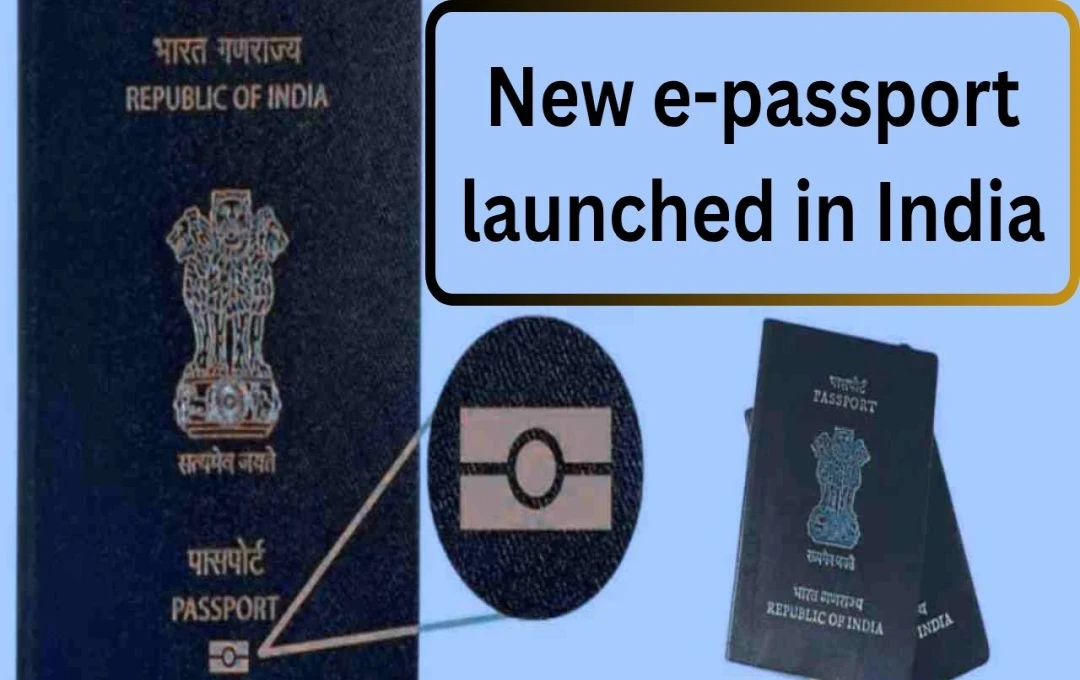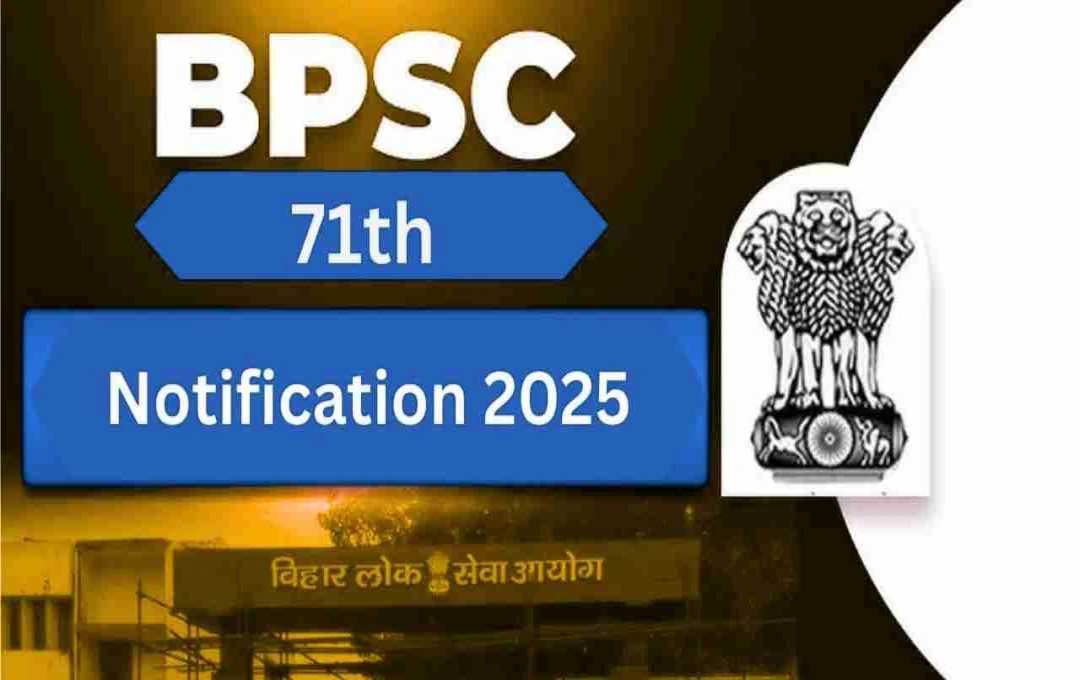The Indian government has introduced e-passports to enhance identity and security. This new e-passport is more secure and advanced than traditional passports, utilizing cutting-edge technologies such as RFID (Radio Frequency Identification) chips and PKI (Public Key Infrastructure).
E-Passport Launched In India: India has taken a significant step in security and identification. The new e-passport is replacing traditional passports, implemented by the Ministry of External Affairs from April 1, 2024. This e-passport is based on a modern technological infrastructure, further strengthening passport security standards.
The introduction of e-passports will provide Indian citizens with a new level of travel and identity security, ensuring not only the protection of their personal data but also the highest level of security during travel.
E-Passport Features and Technological Infrastructure
E-passports utilize Radio Frequency Identification (RFID) chip and antenna technology, differentiating them from traditional passports. The primary function of this chip is to digitally secure passport data and verify the authenticity of the personal and biometric information recorded within the passport.
Furthermore, a golden e-passport symbol is printed on the bottom of the passport cover, distinguishing it from regular passports. Public Key Infrastructure (PKI) technology is also employed, enhancing passport security. This technology ensures the security and authenticity of the biometric data and other crucial information recorded in the passport, mitigating the possibility of fraud and passport forgery.

New Standard of Data Security
A key feature of the e-passport is its data security. This new system will help prevent tampering or forgery. Traditional passports presented various security challenges, but e-passports largely address these issues.
This technology stores passport data in an encrypted format, significantly reducing the possibility of data theft or loss in any unforeseen event. This will also simplify passport verification for security agencies, increasing transparency and accuracy in the verification process.
E-Passport Rollout
The e-passport scheme was launched as a pilot project under the Passport Seva Programme (PSP) Version 2.0. During the first half of 2024, e-passports were rolled out in several major Indian cities, including Nagpur, Bhubaneswar, Jammu, Goa, Shimla, Raipur, Amritsar, Jaipur, Chennai, Hyderabad, Surat, Ranchi, and Delhi.
By mid-2025, e-passports will be available at all passport seva kendras across the country. The rollout in Tamil Nadu began on March 3, 2025, with 20,729 e-passports distributed by March 22, 2025.
Validity of Old Passports

Importantly, citizens with existing passports are not required to apply for an e-passport. Their current passports remain valid until their expiry date and can be used normally. Therefore, if you already possess a passport, you can continue using it until its expiry, but you will need to apply for an e-passport in the future.
A New Approach to the Future
The introduction of e-passports will not only enhance security standards but also simplify and secure international travel for Indian citizens. Furthermore, it strengthens the Digital India vision by utilizing digitally secure technology, which will continue to evolve in the future.
This initiative by the Indian government not only ensures travel security but also demonstrates India's continuous strides in digital innovation. As the adoption of e-passports increases, citizens will receive the highest level of security and convenience, making their international travel safer and more efficient.














